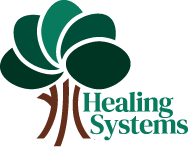Trauma 101
What is trauma?
Trauma is defined using the 3 Es: Events, Experience of events, and Effects.



What is a traumatic event?
Traumatic events can take different forms for different people. For example, a traumatic event can be:
- A single event, like a serious accident or injury.
- A chronic experience, such as ongoing physical abuse or neglect.
- An event that a person sees or is exposed to by seeing graphic images or being told about it.
Some examples of traumatic events are:
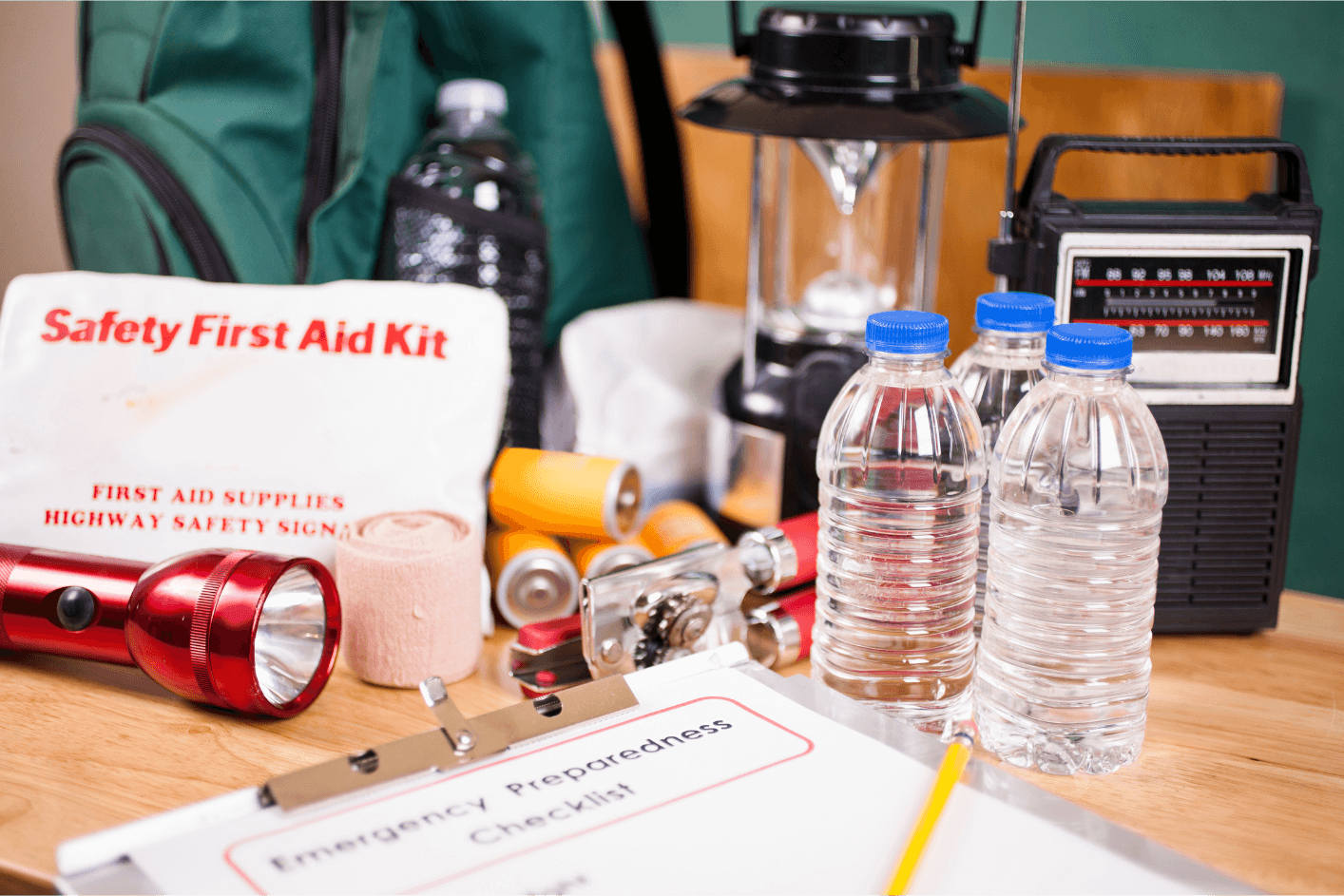
Natural disasters such as floods, hurricanes, and earthquakes.
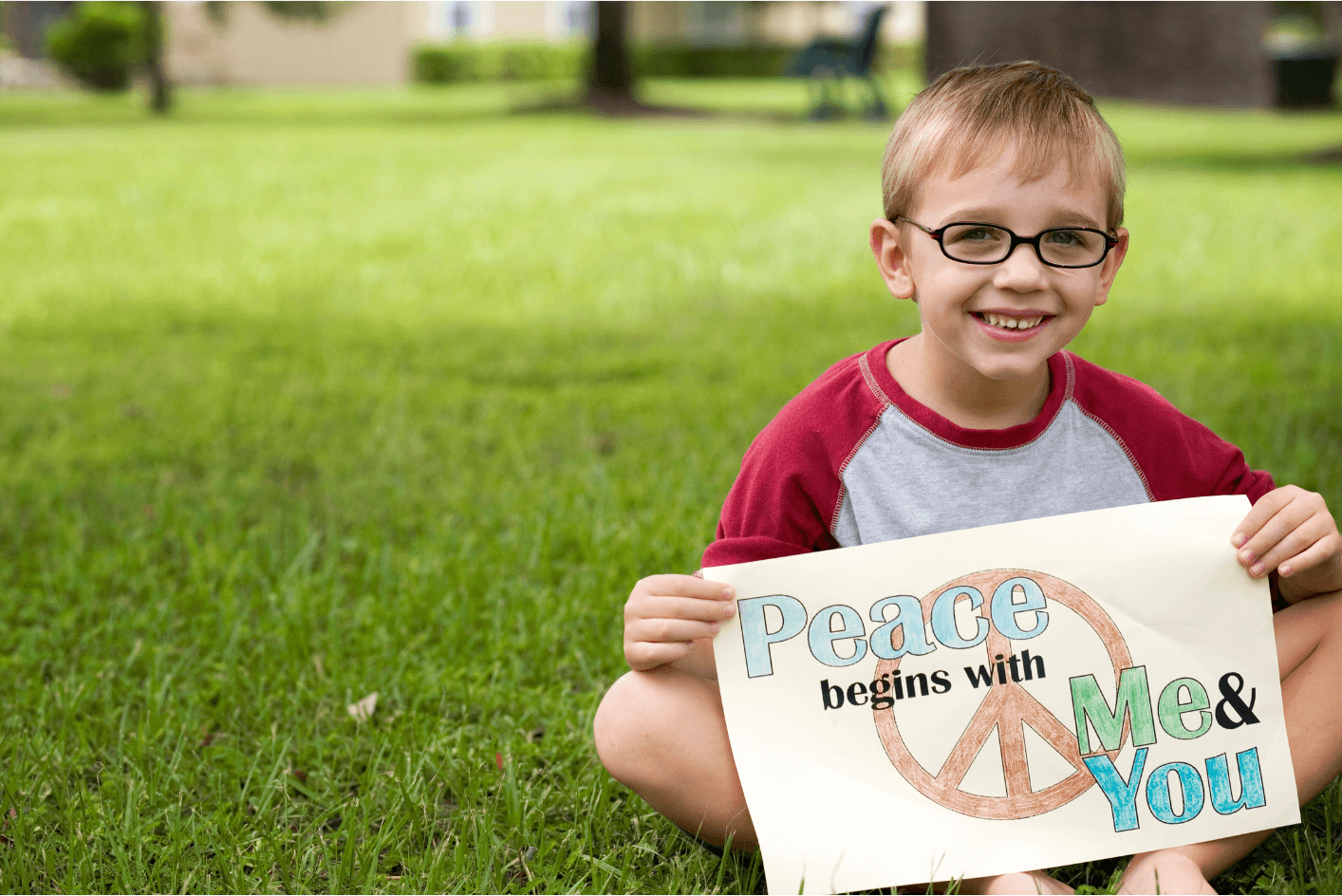
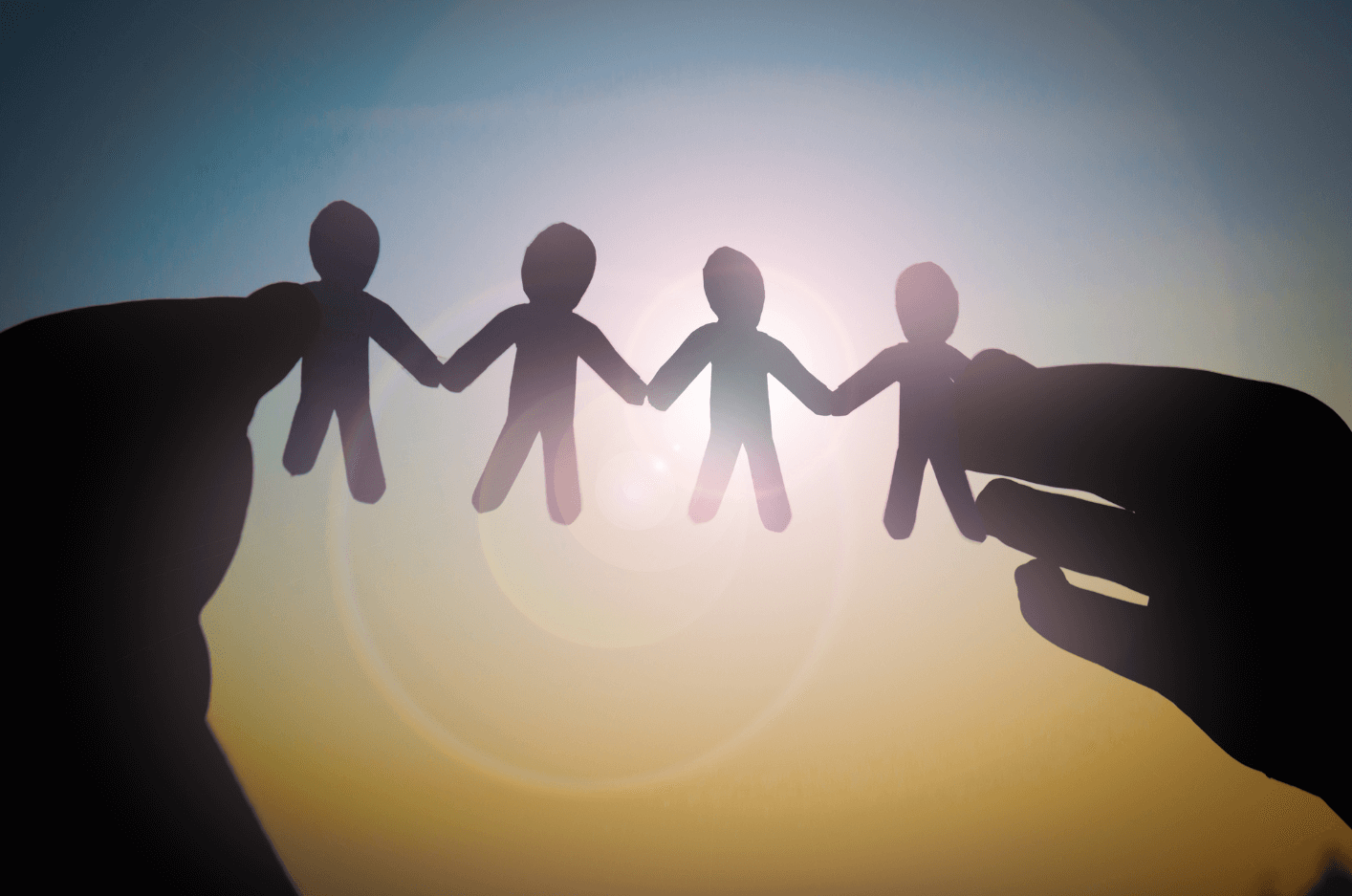
Community violence.
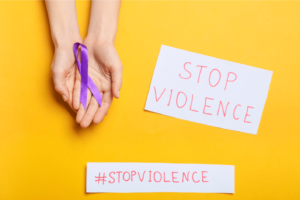
A family- or intimate relationship-related traumatic event, such as experiencing domestic violence.

Present-day or historical events such as the legacy of genocide, slavery, and other forms of historical oppression.
Fortunately, with support, most people impacted by trauma can (and do) show resilience, or the ability to withstand and bounce back from trauma and adversity.
Professionals who support people impacted by trauma often build upon their clients’ protective factors, or helpful skills and abilities, that can promote resilience. However, supporting people with coping alone is not helpful, and it can be harmful if we do not address racism and other forms of oppression that harm communities and require people to be resilient in the first place.
